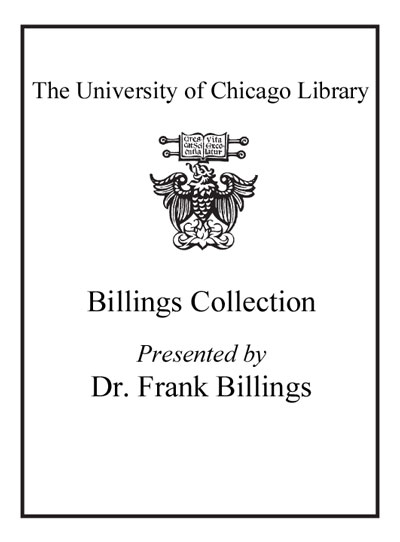Total burn care /
Saved in:
| Edition: | 3rd ed. |
|---|---|
| Imprint: | Edinburgh : Saunders Elsevier, c2007. |
| Description: | xiii, 878 p. ; ill., ports. |
| Language: | English |
| Subject: | |
| Format: | Print Book |
| URL for this record: | http://pi.lib.uchicago.edu/1001/cat/bib/6643828 |
Table of Contents:
- 1. History of Treatments of Burns
- 2. Teamwork for Total Burn Care: Achievements, Directions and Hopes
- 3. Epidemiological, Demographic and Outcome Characteristics of Burn Injury
- 4. Prevention of Burn Injuries Immediate Care
- 5. Burn Management in Disasters and Humanitarian Crises
- 6. Care of Outpatient Burns
- 7. Pre-Hospital Management, Transportation and Emergency Care
- 8. Pathophysiology of Burn Shock and Burn Edema
- 9. Fluid Resuscitation and Early Management The Burn Wound
- 10. Evaluation of the Burn Wound: Management Decisions
- 11. Wound Care
- 12. Treatment of Infection in Burns
- 13. Operative Wound Management
- 14. Anesthesia for Burned Patients
- 15. The Skin Bank
- 16. Alternative Wound Coverings
- 17. AlloDerm Inhalation Injury
- 18. The Pathophysiology of Inhalation Injury
- 19. Diagnosis and Treatment of Inhalation Injury
- 20. Barotrauma and Inhalation Injury
- 21. Respiratory Care Response to Injury
- 22. The Systemic Inflammatory Response Syndrome
- 23. The Immunological Response and Strategies for Intervention
- 24. Hematologic, Hematopoietic, and Acute Phase Responses
- 25. Significance of the Adrenal and Sympathetic Response to Burn Injury
- 26. Hepatic Response to Burn Injury
- 27. Effects of Burn Injury on Bone and Mineral Metabolism
- 28. Vitamin and Trace Element Homeostasis Following Severe Burn Injury
- 29. Hypophosphatemia
- 30. Nutritional Support of the Burned Patient
- 31. Modulation of the Hypermetabolic Response after Burn Injury
- 32. Etiology and Prevention of Multisystem Organ Failure
- 33. Renal Failure in Burn Patients
- 34. Critical Care in the Severely Burned: Organ Support and Management of Complications
- 35. Burn Nursing
- 36. Special Considerations of Age: The Pediatric Burned Patient
- 37. Care of Geriatric Patients
- 38. Surgical Management of Complications of Burn Injury Nonthermal Injuries
- 39. Electrical Injuries
- 40. Electrical Injury: Reconstructive Problems
- 41. Cold-Induced Injury: Frostbite
- 42. Chemical Burns
- 43. Radiation Injuries, Vesicant Burns and Mass Casualties
- 44. Exfoliative and Necrotizing Diseases of the Integument Pathophysiology
- 45. The Burn Problem: A Pathologist's Perspective
- 46. Wound Healing
- 47. Molecular and Cellular Basis of Hypertrophic Scarring
- 48. Pathophysiology of the Burn Scar Rehabilitation
- 49. Comprehensive Rehabilitation of the Burn Patient
- 50. Musculoskeletal Changes Secondary to Thermal Burns
- 51. Mitigation of the Burn-Induced Hypermetabolic Response during Convalescence Reconstruction
- 52. Overview of Burn Reconstruction
- 53. Reconstruction of the Burned Hand
- 54. Reconstruction of the Head and Neck
- 55. Reconstruction of the Burned Scalp Using Tissue Expansion
- 56. Management of Contractual Deformities Involving the Shoulder, Elbow, Hip and Knee Joints in Burn Patients
- 57. Reconstruction of the Burned Breast
- 58. Management of Burn Injuries of the Perineum
- 59. Foot Burns and Their Complications Social Issues
- 60. The Ethical Dimensions of Burn Care
- 61. Maltreatment by Burning
- 62. Functional Sequelae and Disability Assessment
- 63. Cost Containment and Outcome Measures in the Burn Center Psychological Issues
- 64. Management of Pain and Other Discomforts in Burned Patients
- 65. Psychiatric Disorders Associated with Burn Injury
- 66. Psychosocial Recovery and Reintegration of Patients with Burn Injuries


